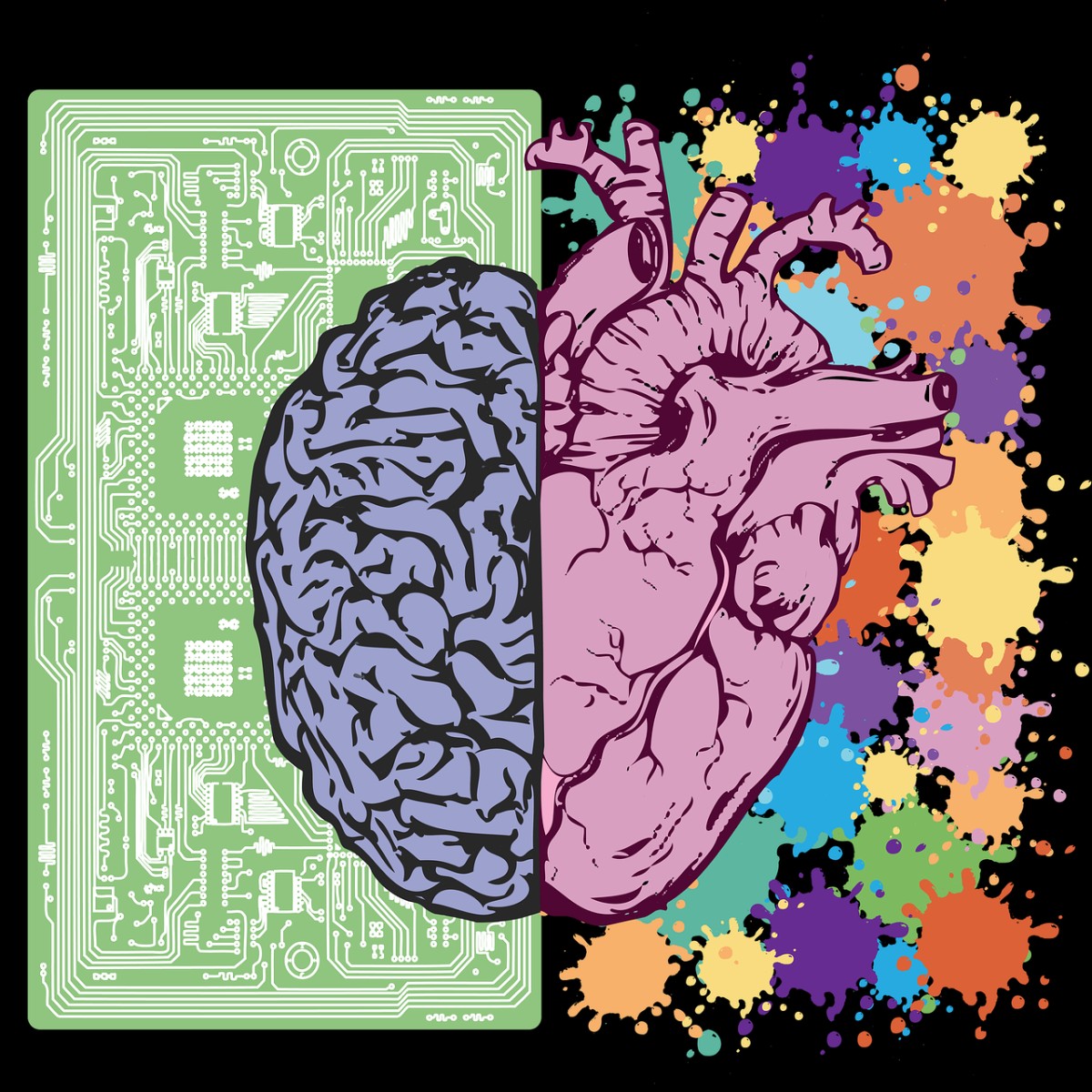While previous studies focused on the positive association between enjoyment and how boredom displays a negative link to students’ use of cognitive learning strategies, the results are cross-sectional and inconclusive as there are differing outcomes across multiple studies. To address this gap, Obregriesser et al. (2020) investigated the direction of effects in the relationship between students’ achievement emotions and their effective application of cognitive learning strategies.
Obregriesser et al. (2020) recruited 338 fourth grade students from southern Germany. Prior to the study, the participants expressed their emotions of enjoyment and boredom in regards to the task they were assigned. During the study, the participants were presented with a total of 25 science-based texts and were asked to incorporate cognitive text-reduction strategies (e.g. underlining and drawing mind maps) to find the main ideas. The following day, the students indicated their emotions after receiving feedback and the correct main idea of their assigned text. This enabled Obregriesser et al. to analyze their emotions of enjoyment and boredom in addition to their effective use of text-reduction strategies, by measuring the number of correct main ideas they identified. To address whether students’ enjoyment and boredom influence the effective use of subsequent cognitive learning strategies, the researchers concluded that the students’ enjoyment positively predicts the effective use of cognitive learning strategies. This indicates that when the participants worked on a text more enjoyable than others, they used the strategies more effectively. In contrast, boredom did not affect the use of these strategies. Furthermore, Obregiesser et al. found that students who used the text-reduction strategies more effectively in one text compared to different texts or than other students did not predict their subsequent enjoyment. However, boredom was not negatively influenced by the productive use of text-reduction strategies.
These results highlight the importance of examining the relationship between students’ enjoyment and boredom and their effective application of cognitive learning strategies. Previous studies indicate that students frequently use learning strategies–but not necessarily constructively. This study provides insight teachers can use when constructing lessons, because the importance of increasing students’ enjoyment prior to working on an assignment results in a more effective application of learning strategies. The relationship between this study’s findings can be integrated with EPIC’s research on how students react after experiencing failure, paving a path for a future direction in which EPIC can focus on investigating how emotions can affect students’ persistence.
Check out this link to retrieve the article:
https://www.sciencedirect.com/science/article/abs/pii/S0959475218308946
This post is written by Eliza Hong.
Reference:
Murayama, K., Pekrun, R., Lichtenfeld, S., & Vom Hofe, R. (2013). Predicting long-term growth in students' mathematics achievement: The unique contributions of motiva- tion and cognitive strategies. Child Development, 84(4), 1475–1490. https://doi.org/ 10.1111/cdev.12036.
Obergriesser, S., & Stoeger, H. (2020). Students’ emotions of enjoyment and boredom and their use of cognitive learning strategies–How do they affect one another?. Learning and Instruction, 66, 101285
Pekrun, R., Lichtenfeld, S., Marsh, H. W., Murayama, K., & Goetz, T. (2017). Achievement emotions and academic performance: Longitudinal models of reciprocal effects. Child Development, 5, 323. https://doi.org/10.1111/cdev.12704.

